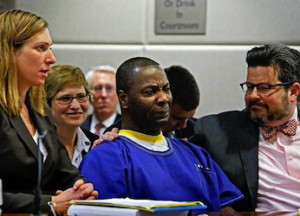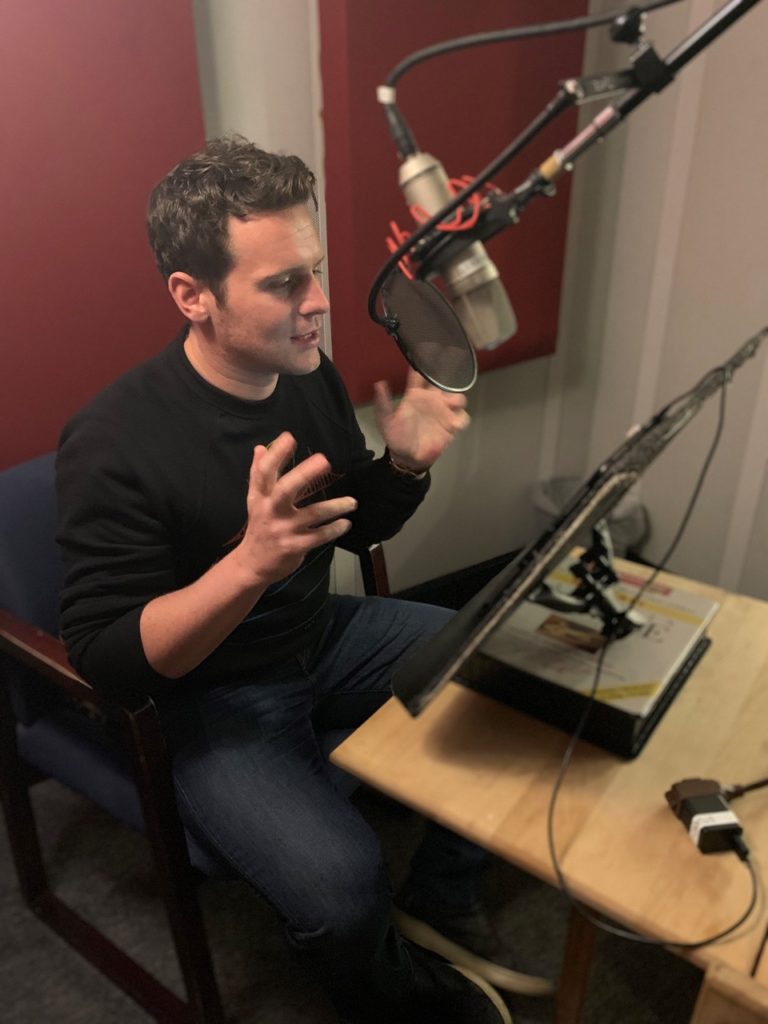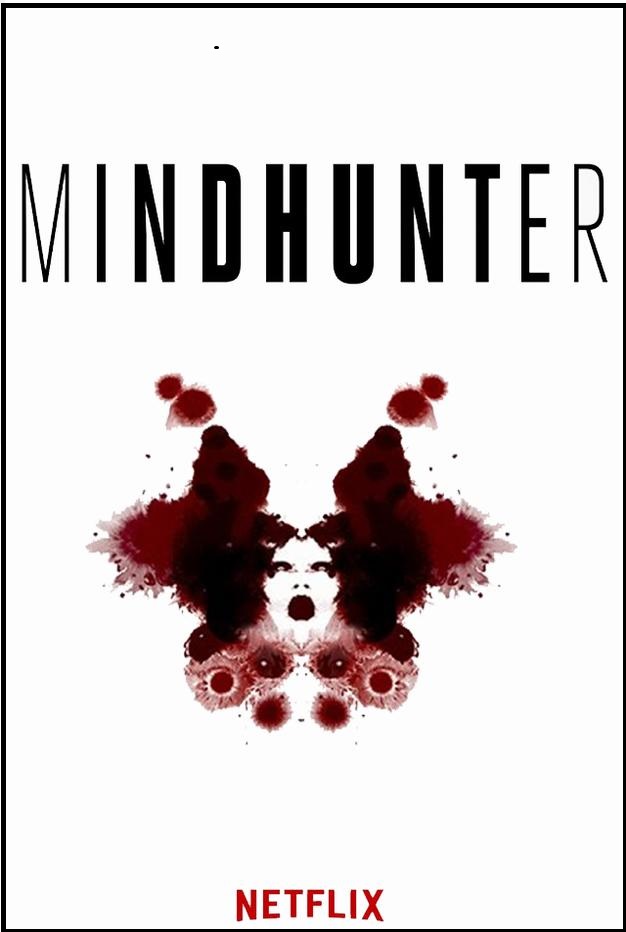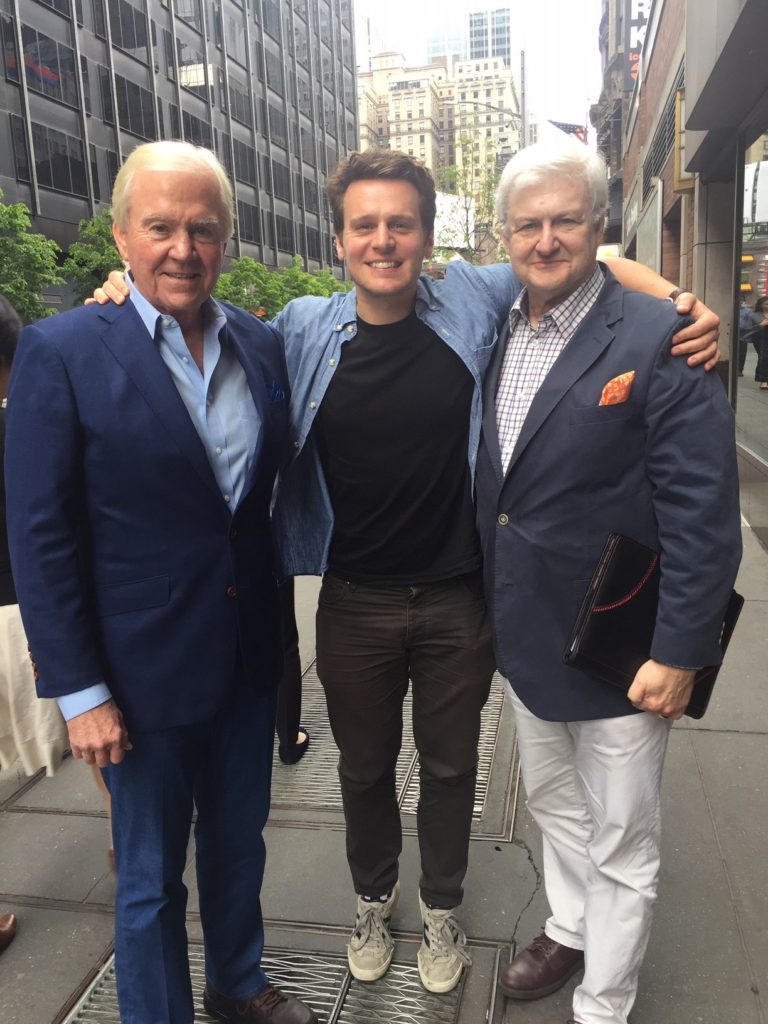I have known Lara Bazelon since she was born. Her mother Eileen and I, though not actually related, shared an aunt and uncle (I on the uncle’s side, Eileen on the aunt’s side) and Eileen has been a continual presence in my life, sort of a combination first cousin/big sister to me.
I have always loved and been proud of Lara and her three immensely accomplished, driven and, may I say, beautiful sisters. Two are attorneys like Lara and the other is an educator and foundation head. But I have never been so proud of Lara as I am right now.
She led a team that exonerated and freed a wrongfully convicted man after he’d spent 34 years in prison.
We have been hearing a lot about conviction reversals due to recently available DNA analysis, and this is certainly a welcome addition to the arsenal of justice. But in this case, all physical and scientific evidence had been destroyed decades ago. If this man was to be given his due, it would take long hours of dedication, imagination and hard work.
In April 1979, 78-year-old Jack Sasson was robbed and shot five times as he sat in the driver’s seat of his car right outside his home in West Los Angeles. His wife Renee found him covered with blood. Three weeks later, he died of his injuries.
Kash Delano Register – an easy name to remember, which figured into the case – an 18-year-old African American (Sasson was white) who lived nearby with his mother and older brother – was charged, tried and convicted of the murder by an all-white jury. There was a dearth of physical evidence. The shooter’s gun and the victim’s wallet were never recovered. And so Register was convicted on the testimony of two eyewitnesses: Brenda Anderson, a 19-year-old former high school classmate who lived on the same street; and Elliott Singleton, 31, who testified that he’d been painting a house when he saw the shooting and gave chase for several blocks, only to be scared off when the shooter brandished the gun at him.
At Register’s home, police found clothing similar to Singleton’s description of the shooter’s clothing.
From the beginning, Register adamantly proclaimed his innocence. He came up for parole 11 times, and each time he was turned down for refusing to accept responsibility for his crime and an attendant lack of remorse.
Lara Bazelon worked seven years as a public defender in Los Angeles, where she learned to temper her natural idealism with an equal measure of realism. She has also written extensively on criminal law and ethics. While I was more interested in putting away the bad guys and Lara’s job was to assure criminal defendants their rights, every time we got together I was always impressed with the sophistication and nuance of her thinking.
Several years ago, she joined the Loyola Law School as visiting associate clinical professor and became director of the Loyola Project for the Innocent. She became involved with Kash Register’s case when it was brought to the project.
The more Lara and her colleagues and students looked into the case, the more they became convinced of Register’s innocence.
Without going through the entire process, the case hinged on the testimony of two witnesses who proved through the Loyola Project’s investigation to be unreliable. And the police either knew or should have known.
When Lara’s team scrutinized the witnesses, it turned out to be the old story of a witness having something substantial to gain by providing certain testimony.
They discovered that Brenda Anderson’s sister Sheila Vanderkam, who worked as a detective’s assistant at the West L.A. Police Station, knew her sibling to be unreliable, went to the detectives involved and asked them to reopen the investigation. She was turned down outright with the admonition not to rock the boat. In 2011, upon realizing that Register was still in prison, she found Steve Sanders, one of Register’s appeals lawyers, and encouraged him to pursue his former client’s innocence. As it happened, Sanders had employed Keith Chandler, an ex-con who had become a legal expert and befriended Register in prison.
Chandler was able to get a habeas petition filed on Register’s behalf and the hearing judge, Katherine Mader, requested a response from the state and appointed attorney Herb Barish to represent Register. He was the one who brought the case to the Project for the Innocent and asked Lara to serve as co-counsel.
The Loyola team found out that at the time of the murder, Anderson was facing a string of possible charges, including theft, and when detectives showed her the photo array, they already had Register’s image circled. When she said he was not the man she had seen, they reminded her of the charges against her and, according to Lara’s account on Slate.com, told her “that she was going to juvenile hall for a long time.”
Project deputy director Adam Grant and founder and law professor Laurie Levenson visited the other witness Elliott Singleton, and his wife Patty. She admitted to them that her husband wasn’t even outside at the time of the crime and did not see anything. She also said, “Someone said my husband ran after the young suspect and chased him through the streets, but he never did.”
There followed a series of ups and downs, including Patty suffering a stroke that prevented her from testifying, but also the uncovering of a “smoking gun” prosecution memo that confirmed Brenda Anderson’s failure to identify Register and Elliott Singleton efforts to keep his wife from testifying to what had actually happened.
After more intense work and court preparation by the Loyola team, the hearing began in November, 2013. On the sixth day, after listening to Brenda Anderson, Sheila Vanderkam, and a reluctant Elliott Singleton, Judge Mader threw out the conviction of Kash Register, now 53. The prosecution declined to reinstate the case of People of the State of California v. Kash Delano Register.
The court could give him back his freedom. It could not give him back the 34 years it had taken from him.
As Lara wrote in her compelling Slate.com narrative, “We say we have the best criminal justice system in the world, and that’s true. But it is also flawed. One giant crack that runs through it is that courts, prosecutors and juries routinely take eyewitness testimony at face value.”
If you combine that with false confessions, jailhouse snitches, junk science, inadequate representation, prosecutorial misconduct and bad judging – all of which John Douglas and I saw and wrote about in Law & Disorder with regard to the West Memphis Three case, and much of which was true in the Amanda Knox case – you have a recipe for potential disaster.
Laura concludes, “There are thousands more like [Register] in prisons across the United States. We have to get them out. Every single one of them.”
Godspeed, Lara, and to everyone like you.




























Thank you , Lara.
New Jersey has been the first to revise how eye witness identification testimony is handled in court based on scientific research:
http://www.innocenceproject.org/Content/New_Jersey_Supreme_Court_Issues_Landmark_Decision_Mandating_Major_Changes_in_the_Way_Courts_Handle_Identification_Procedures.php